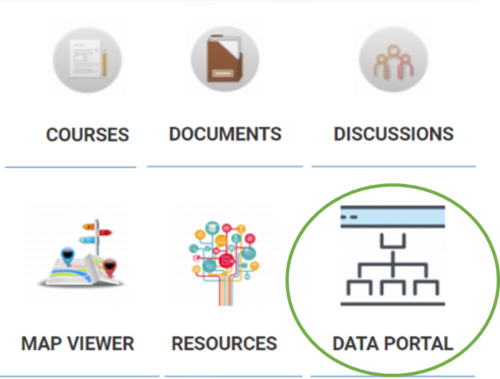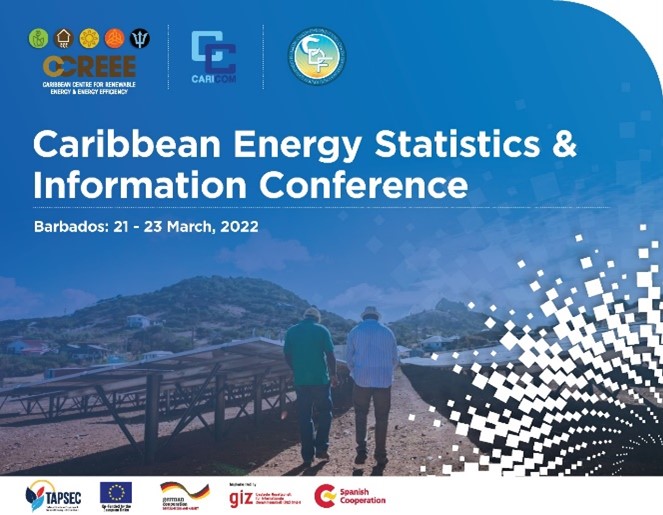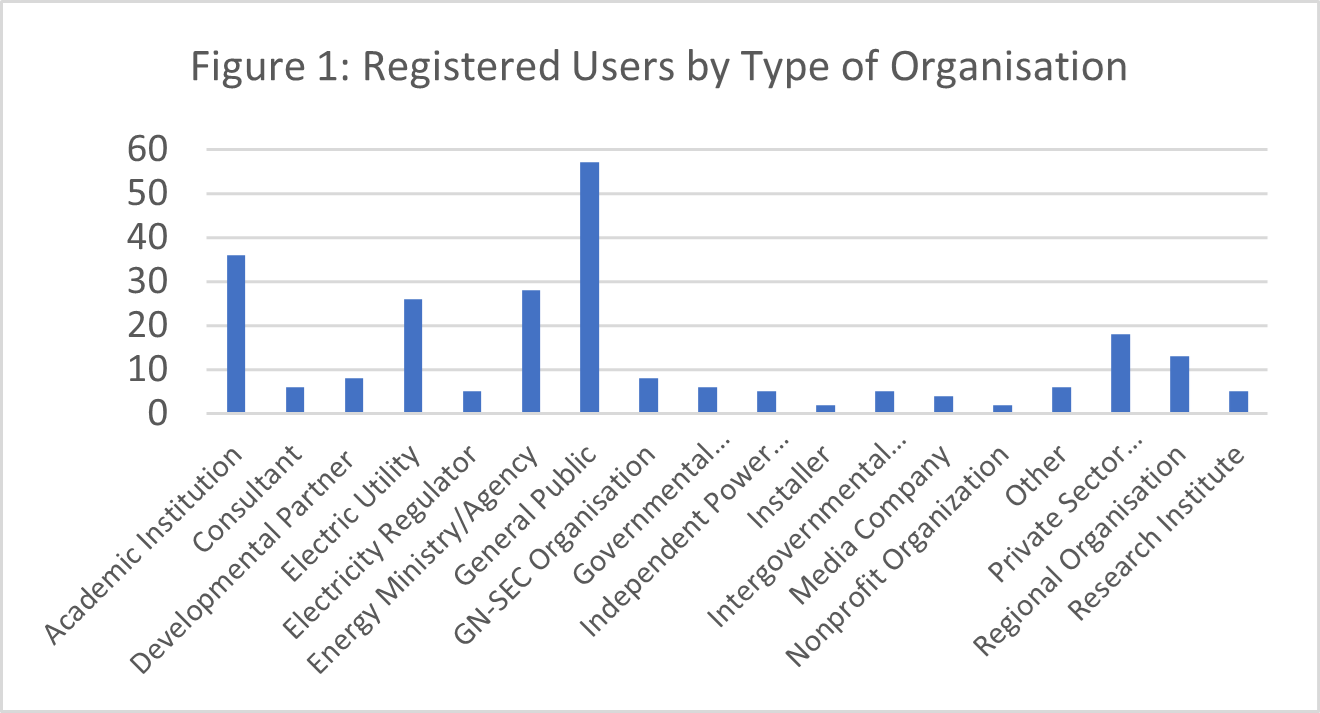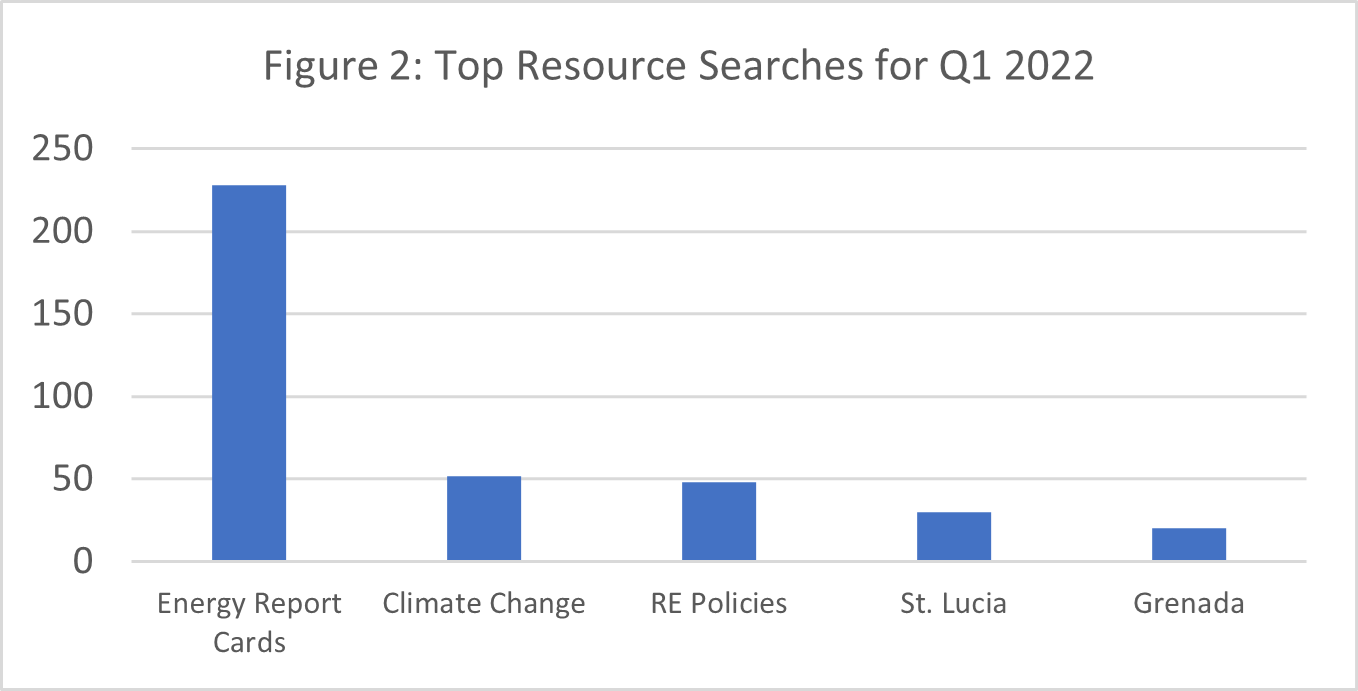
The CARICOM Energy Knowledge Hub (CEKH) continues its growth towards being the go-to place for Energy statistics and information in the region with more than 2,000 hits the first quarter of 2022.
Caribbean Energy Statistics and Information Conference
The CCREEE partnered with the CARICOM Development Fund (CDF) to host the inaugural Caribbean Energy Statistics and Information Conference from March
 21 – 23, 2022. The conference was held live at the Hilton Barbados Resort, with participants attending from 9 CARICOM Member States and several regional organisations.The opening ceremony included remarks from The CARICOM Secretariat, CDF, OLADE, and GIZ through the TAPSEC programme who were co-funders of the conference, alongside the Kingdom of Spain through the AECID. Our partners underscored their commitment to improving the quality and quantity of information to be made available on the energy sector, given its importance for the region to achieve our environmental and developmental goals. An overview of the conference may be accessed here: CCREEE and Partners Tackle Absence of Energy Data – CCREEE.
21 – 23, 2022. The conference was held live at the Hilton Barbados Resort, with participants attending from 9 CARICOM Member States and several regional organisations.The opening ceremony included remarks from The CARICOM Secretariat, CDF, OLADE, and GIZ through the TAPSEC programme who were co-funders of the conference, alongside the Kingdom of Spain through the AECID. Our partners underscored their commitment to improving the quality and quantity of information to be made available on the energy sector, given its importance for the region to achieve our environmental and developmental goals. An overview of the conference may be accessed here: CCREEE and Partners Tackle Absence of Energy Data – CCREEE.
A new CARICOM Energy Knowledge Hub (CEKH) application was also launched during the ceremony’s opening. The first two databases within the data portal are the Regional Energy Information System (sieCARICOM) developed by OLADE and the Renewable Energy and Energy Efficiency Activities Database (R3EAD) developed by Abraxas Inc. In addition to the in-house datasets, the Data Portal allows for interconnection to other databases and the creation of customised reports by pulling data from multiple sources.
The conference included plenary discussions complemented by training on Energy Statistics, Energy Balance Methodologies, Energy Information Management and Gender Mainstreaming in the Energy Sector.
CEKH Membership & Resources
Forty-seven new members were added to the CEKH during the quarter, bringing the total membership of the hub to 240. There has also been a significant increase in membership from the general public who now rank amongst our most active users alongside academic institutions, energy ministries, and electric utilities, as shown in Figure 1. This underscores the value of the more than 300 resources, courses, maps, discussions, and documents that the Hub offers to not just our energy sector stakeholders but for the citizens of the region in general.

The most recent Energy Report Cards were launched this quarter and are available within the Resources application in the Hub. This snapshot of the energy sector in each member state continues to be among the top resource searches within the CEKH. Other key resources of interest were those addressing climate change and energy policies as shown in Figure 2.

Capacity building continued with the stakeholders in St Kitts and Nevis (SKN) via the CEKH Courses, Learning Management System with Solar PV Integration and Energy Storage in February.
The CCREEE Project Preparation Facility (PPF) Project Concept Development Training was delivered virtually to 140 participants from March 28 – 30. The content from this training is available on demand within the CEKH Courses application.
User Experience
The CCREEE executed a CEKH User Satisfaction Survey during the quarter to solicit member feedback on the performance of the Hub and recommendations for continued improvement. Though the response rate was low, we garnered useful insights from respondents. Once such insight is though several members access the CEKH monthly, most respondents use the Hub on an ‘as needed’ basis – less than once per month. Depending on the type of research CEKH members conduct academically or professionally, 40% spend more than an hour using the Hub. Notably, the Resources application was the most popular application used within the CEKH.
Respondents also expressed a desire to have access to socio-economic and energy related databases, a need the recently launched CEKH Data Portal will address. Additional resource requests received are under examination and a plan is being implemented to curate resources accordingly.
Overall, respondents’ review of the CEKH was positive with modal ranking of 4 out 5 stars for the services provided within the CEKH.